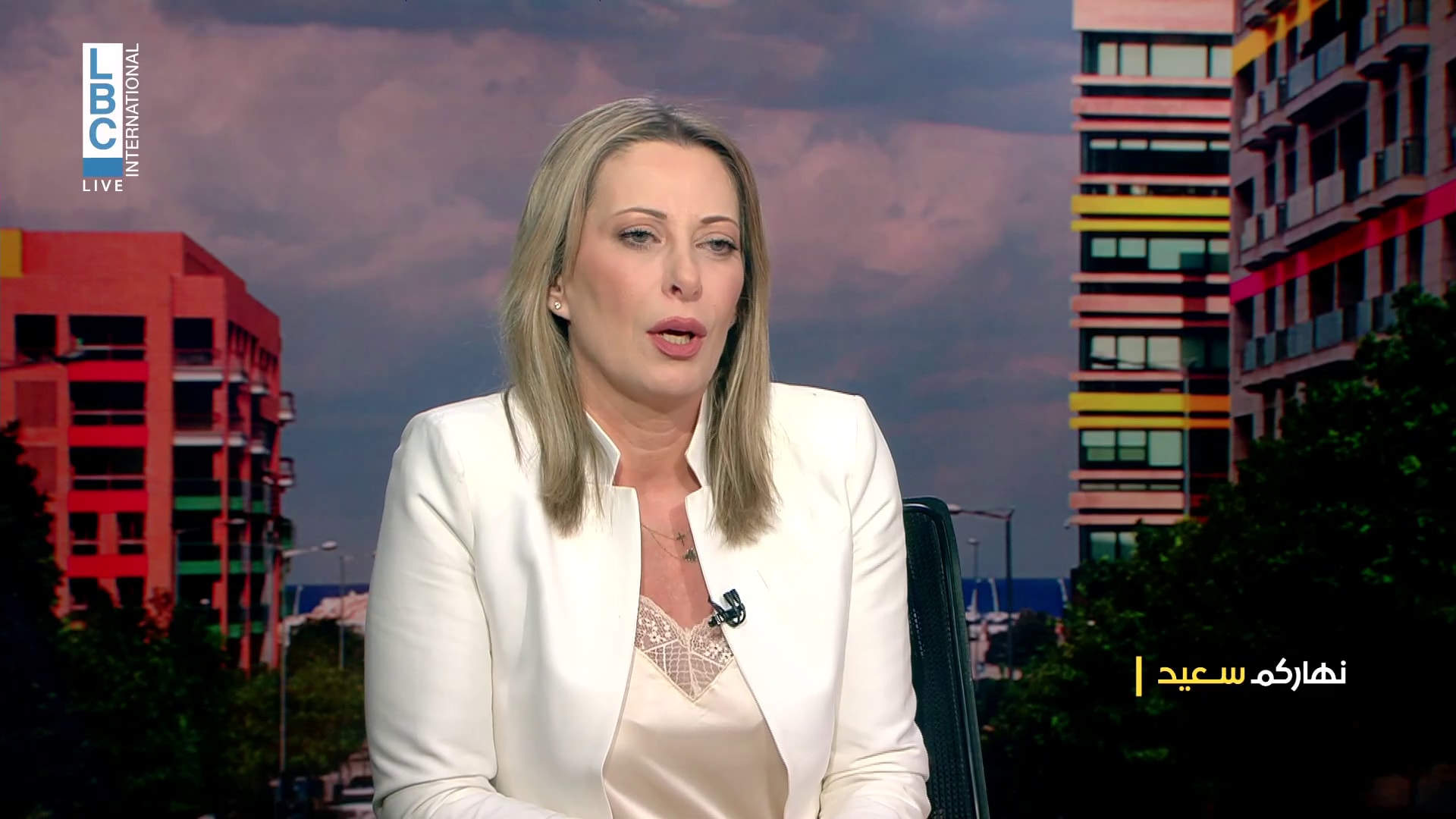
In a recent Iraqi TV interview, Chaldean Catholic Patriarch of Babylon Louis Raphael I Sako talked about the difficulties lying ahead for Iraq and the need to combat extremism. "People have taken over the homes of Christians," he said, warning that it is a "grave mistake" to drive out minorities. "Perhaps it is possible to defeat ISIS militarily, but not ideologically," he said, stressing the role of clergymen, of the media, and of schools in combating incitement and extremism. "People's trust in one another has taken a blow" and must be rebuilt in the post-ISIS era, he said in the Al-Mada TV interview, which aired on February 14, 2016.
Following are excerpts:
Interviewer: As we discuss the challenges facing the Christian community, we know that you have found yourselves between a rock and a hard place – between ISIS, which banished hundreds [of Christians], uprooting them from Mosul, and between the National Identity Card Law, which is no less dangerous to your existence in this country. How do you perform your spiritual role, in the face of such a dual challenge?
Louis Raphael I Sako: To tell the truth, the impact of ISIS upon us is the lesser evil, compared to what has happened around here. People have taken over the homes of Christians, and the extremist movements is [hostile] towards the Christians and their openness.
[…]
There are also inciting statements. [Sheikhs say that Muslims] must not greet Christians on their holidays – as if this is the gravest sin. People destroyed Christmas trees. As for ISIS driving out the Christians – others have been driven out as well.
[…]
Interviewer: How does the Chaldean church – and the Iraqi Christians, in general – view the post-ISIS stage? What is your prospective on the future of coexistence in Iraq, and especially in Nineveh?
Louis Raphael I Sako: To tell you the truth, this is shrouded with uncertainty. There are also wounds. The mutual trust is done. The Christians are not the only ones who have lost this trust. The people in the cities that were more or less liberated have also lost this trust, because to this day, they have not returned to their homes. What happened has left a trail of destruction. Let's assume that Mosul is liberated. The city of Mosul has been a center of civilization. It is a deep-rooted city with its mosques and their art, and its historical monasteries and churches from the 5th, 6th, 7th centuries. The houses of Mosul, with their special architecture… All this has been destroyed. What will the people return to? To rubble? Not to mention that the Christian villages are being bombed… Not to mention that the Christian villages are being bombed…
Interviewer: But we can rebuild…
Louis Raphael I Sako: You can rebuild a house, but when you have a mosque like the Nabi Yunus Mosque… You can build a new mosque, but it won't be the same. When you have a church from the 5th century, on the 7th-century Mar Elia monastery, which was bombed by ISIS… How can you restore it? You cannot resolve history. When a home is destroyed, you can build a better one, but history is a memory. It is very difficult. People's trust in one another has taken a blow. People don't trust even their neighbors anymore, so how can they return? Trust must be rebuilt. It requires many programs, and the media must play its role. You have a very important role. The media has an important role in reconciliation, in instilling a certain culture among people, and in spreading the values of peace, tolerance, and fraternity, without incitement. Some TV channels incite, I'm sad to say. Without incitement. Some TV channels incite, I'm sad to say.
Interviewer: Aren't you optimistic about the elimination of ISIS in the region, and especially in Iraq? The prime minister said that 2016 would witness the end of ISIS.
Louis Raphael I Sako: This kind of talk is unrealistic. When the Americans intervened and the problem of Syria emerged, they said that the days of Bashar Al-Assad were numbered – that it would be weeks or months. When ISIS emerged, they said that they would wipe it out, but it has been over two years now. Perhaps it is possible to defeat ISIS militarily, but not ideologically. This ideology has spread here, in the West, and everywhere, so it will not be east. It is possible to make this extremist ideology disintegrate, but everybody must unite their efforts. The clergymen must become ambassadors of peace, love, and fraternity in their sermons, rather than incite to hatred.
Interviewer: You place your trust in the clergymen even though they are the source of the incitement?
Louis Raphael I Sako: No, no. They carry a lofty message, and they must play a prophetic role in spreading fraternity, tolerance, and coexistence. The media and the schools should all play a role in raising a new generation. The important thing is to raise Iraqis on openmindedness, on the belief in pluralism and diversity, on acceptance and respect for others, rather than infringing upon their rights. He has rights, but others have rights too. He should not think that he is the sole king of the realm, and that the others are dwarfs.
[…]
Interviewer: Do you fear that Iraq will be left without Christians – like the Assyrians, who are gone, and like the Sabeans, who are almost extinct?
Louis Raphael I Sako: I hope that this will not happen. This would be a grave mistake. It is the Arab countries that established Israel. When they drove the Jews out of their countries, the Jews went and built their own state. This was a grave mistake. The Jews in Iraq, in Syria, and elsewhere could have been of benefit to these countries, and Israel would not have become so powerful. Today too, driving out minorities is a grave mistake.
[…]













